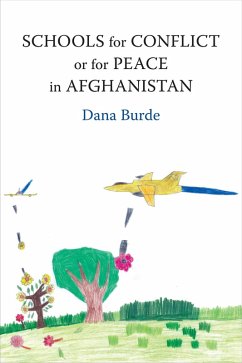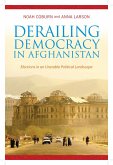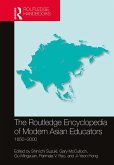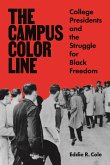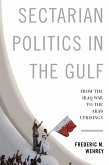Foreign-backed funding for education does not always stabilize a country and enhance its statebuilding efforts. Dana Burde shows how aid to education in Afghanistan bolstered conflict both deliberately in the 1980s through violence-infused, anti-Soviet curricula and inadvertently in the 2000s through misguided stabilization programs. She also reveals how dominant humanitarian models that determine what counts as appropriate aid have limited attention and resources toward education, in some cases fueling programs that undermine their goals.
For education to promote peace in Afghanistan, Burde argues we must expand equal access to quality community-based education and support programs that increase girls' and boys' attendance at school. Referring to a recent U.S. effort that has produced strong results in these areas, Burde commends the program's efficient administration and good quality, and its neutral curriculum, which can reduce conflict and build peace in lasting ways. Drawing on up-to-date research on humanitarian education work amid conflict zones around the world and incorporating insights gleaned from extensive fieldwork in Afghanistan and Pakistan, Burde recalculates and improves a popular formula for peace.
For education to promote peace in Afghanistan, Burde argues we must expand equal access to quality community-based education and support programs that increase girls' and boys' attendance at school. Referring to a recent U.S. effort that has produced strong results in these areas, Burde commends the program's efficient administration and good quality, and its neutral curriculum, which can reduce conflict and build peace in lasting ways. Drawing on up-to-date research on humanitarian education work amid conflict zones around the world and incorporating insights gleaned from extensive fieldwork in Afghanistan and Pakistan, Burde recalculates and improves a popular formula for peace.
Dieser Download kann aus rechtlichen Gründen nur mit Rechnungsadresse in A, D ausgeliefert werden.

